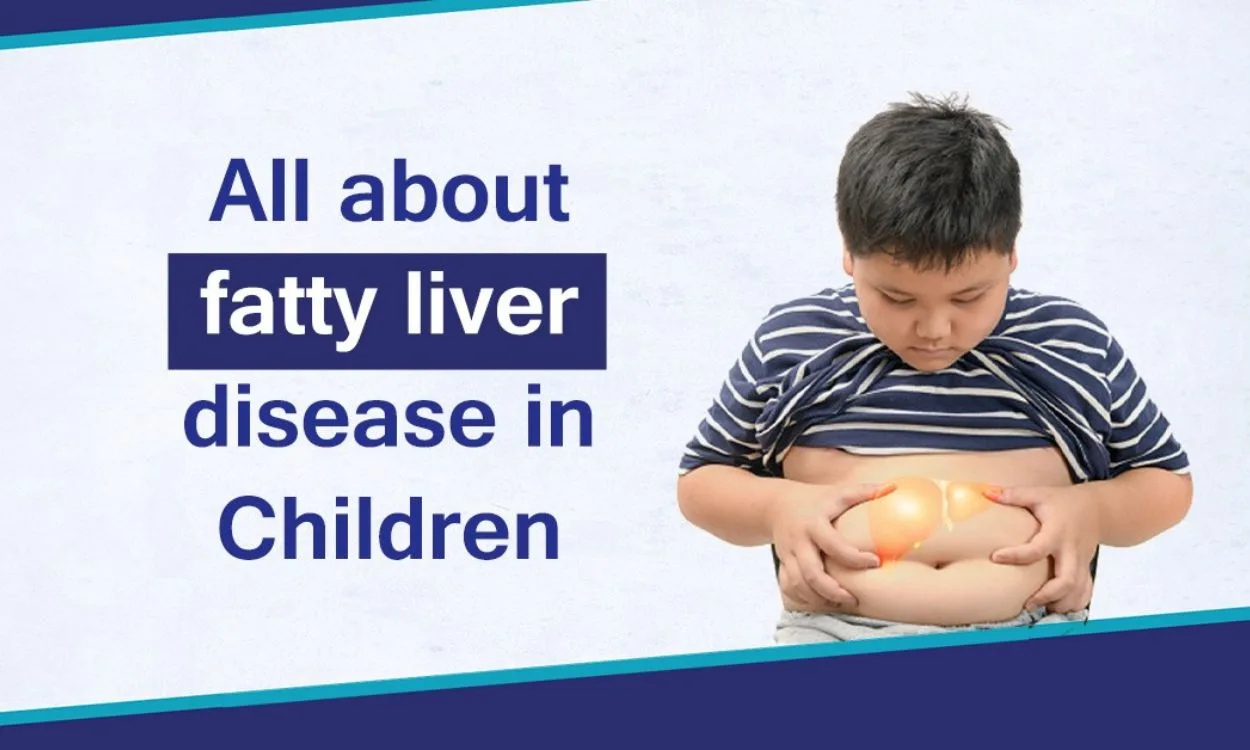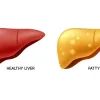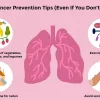Is Fatty Liver Reversible in Children?
Introduction:
Fatty liver disease, also known as hepatic steatosis, is a condition characterized by the accumulation of fat in the liver cells. Although fatty liver is commonly associated with adults who have lifestyle-related risk factors such as obesity, poor diet, and excessive alcohol consumption, it is also becoming increasingly prevalent in children. In this article, we will explore the causes, symptoms, and treatment options for pediatric fatty liver disease, with a focus on its reversibility.
Understanding Fatty Liver in Children:
- Causes of Fatty Liver in Children:
- Obesity: Excess weight and unhealthy eating habits contribute to the development of fatty liver in children.
- Poor Diet: Consuming a diet high in processed foods, sugary beverages, and saturated fats increases the risk of fatty liver.
- Sedentary Lifestyle: Lack of physical activity and prolonged screen time can contribute to fatty liver.
- Genetic Factors: Some genetic disorders can predispose children to develop fatty liver.
- Metabolic Disorders: Conditions such as insulin resistance, diabetes, and high cholesterol levels can contribute to fatty liver disease.
- Symptoms of Fatty Liver in Children:
- Fatigue and weakness
- Abdominal pain or discomfort
- Poor appetite and weight loss
- Enlarged liver
- Elevated liver enzymes in blood tests
- Diagnosis of Fatty Liver in Children:
- Physical examination: A doctor may perform a physical examination to check for an enlarged liver or signs of liver damage.
- Blood tests: Liver function tests can detect elevated liver enzymes and assess liver function.
- Imaging tests: Ultrasound, magnetic resonance imaging (MRI), or computed tomography (CT) scans can help visualize the liver and determine the presence of fat.
- Liver biopsy: In some cases, a small sample of liver tissue may be taken for further analysis to confirm the diagnosis.
Reversibility of Fatty Liver in Children:
- Early Intervention is Key:
- Fatty liver disease is reversible if detected early and appropriate lifestyle changes are made.
- Implementing healthy eating habits and increasing physical activity are crucial in managing and reversing the condition.
- Healthy Diet Recommendations:
- Reduce added sugars and sugary beverages.
- Increase intake of fruits, vegetables, and whole grains.
- Choose lean sources of protein such as poultry, fish, and legumes.
- Limit consumption of saturated and trans fats.
- Encourage portion control and mindful eating.
- Regular Physical Activity:
- Engage children in regular physical activity such as sports, dancing, swimming, or cycling.
- Aim for at least 60 minutes of moderate to vigorous physical activity every day.
- Weight Management:
- Achieve and maintain a healthy weight through a balanced diet and regular exercise.
- Seek guidance from a healthcare professional or registered dietitian for personalized advice.
- Medical Intervention:
- In severe cases or when lifestyle changes alone are not enough, a healthcare professional may recommend medications or specialized treatments to manage and reverse fatty liver disease.
Fitpaa: Empowering Health and Wellness Journey
While fatty liver disease in children is a serious concern, it is reassuring to know that it is reversible through appropriate lifestyle modifications. Fitpaa, a comprehensive health and fitness app, can play a significant role in guiding children and their families on this journey towards better health.
- Personalized Fitpaa Capsule:
- Fitpaa offers a personalized health and fitness plan called the Fitpaa Capsule. This plan takes into account an individual’s metabolism, health goals, lifestyle, and eating habits to provide a tailored approach for managing fatty liver disease.
- Expert Guidance and Support:
- Fitpaa provides access to a team of fitness coaches, nutritionists, and doctors who can offer expert guidance and support throughout the journey.
- Regular progress reviews and course corrections ensure that the plan remains effective and aligned with the individual’s needs.
- Real-time Guidance and Motivation:
- Fitpaa incorporates real-time guidance and habit-building techniques from cognitive behavioral therapy to keep users motivated and on track.
- The Fitpaa mobile app offers tools such as a virtual workout trainer, diet tracker, performance tracking, and progress monitoring to make following the plan convenient and engaging.
- Guaranteed Results:
- Fitpaa’s goal-oriented services come with a 100% guarantee of achieving health and fitness goals.
- If, for any reason, the promised results are not achieved, Fitpaa offers a full refund.
Conclusion:
Fatty liver disease in children is a reversible condition that can be effectively managed through healthy lifestyle changes. Early intervention, including a balanced diet, regular exercise, and weight management, plays a crucial role in reversing the condition. Fitpaa, with its personalized approach and expert guidance, can support children and their families in achieving their health and fitness goals. Start your journey towards better health today by downloading the Fitpaa app and experiencing the joy of a fit and fulfilling life.









